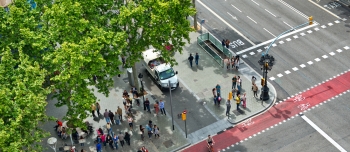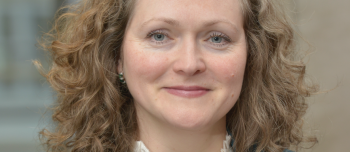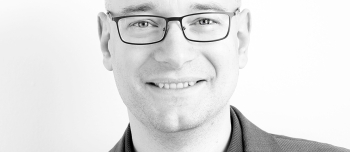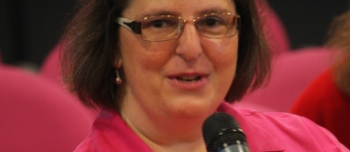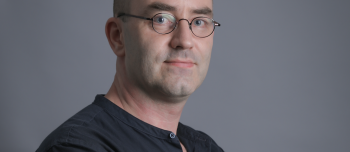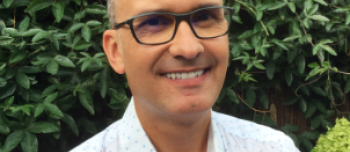CLOSER CITIES aims to create a bridge between urban science and urban practice. By collecting cases on urban practice, analysing them on the shoulders of urban science and sharing research outcomes, urban knowledge becomes shareable. In the ‘5 questions’ series, we ask scientists to briefly reflect on their research and the shareability of their insights and projects.
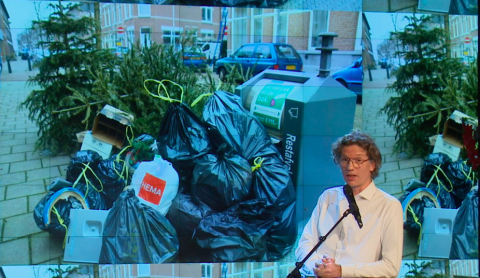
1. What is the main focus of your research (topic, theme, region)?
We have studied the question: How can citizens in a big city be motivated to keep their neighborhood clean? Citizens can contribute to a clean neighborhood by refraining from littering and from dumping garbage.
2. Can you give a brief description of your research?
We conduct field experiments. A promising intervention is implemented for some time at a randomly chosen selection of locations in neighborhoods, while the remaining locations are the control group. We collect detailed data about dumped garbage and other items at these locations. By comparing these data for treated and control locations, we get a reliable estimate of how effective the intervention is, and how persistent the effect is.
3. How much influence does ‘local context’ have in your field of work? Can results or solutions from your research be shared with other regions easily?
Much more field experimentation is needed before we can generalize findings to other regions. Unfortunately, this is not always understood by local policy makers.
4. What are the main lessons learned that can be used by urban initiatives?
Field experimentation can be done and yields useful local knowledge. If we can expand on this, more general policy lessons can be drawn.
5. How do you think cities can implement these lessons?
Cities interested in setting up field experiments can contact us. We are happy to work with local policy makers.

